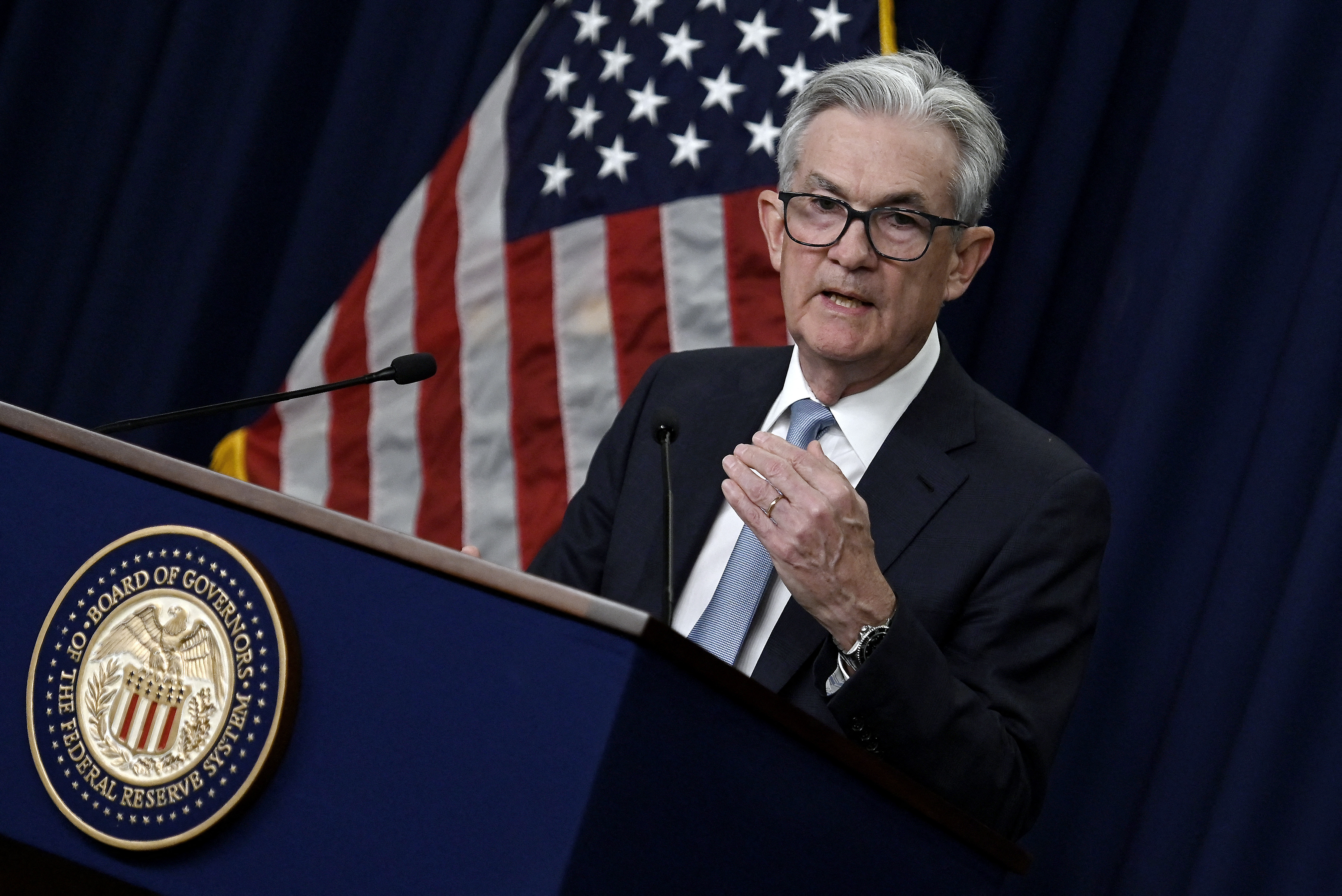Rising interest rates: Why ETFs are good investments during rocky times
Fed raised interest rates by 75 basis points in both June and July
The best ETF picks for higher inflation
VettaFi head of research Todd Rosenbluth discusses if the Fed has a grip on inflation and can avoid recession on 'The Claman Countdown.'
Exchange-traded funds, or ETFs, are baskets of securities that trade like stocks on an exchange.
"They provide investors access to underlying investments, like stocks or bonds, and generally provide more diversification than a single stock or bond," said Ashley Tran, a Fidelity assistant branch manager in Tampa, Florida.
Tran says ETFs are a good choice to diversify your portfolio and minimize risk.
"As ETFs track an index, they can be one way for investors to build a well-balanced strategic asset allocation," she explained.
HIGH INFLATION AND THE MARKETS: WHY ETFS MAY BE A WISE INVESTMENT
How and why does diversification assist investors in mitigating raising interest rates?
It’s important to note there’s no foolproof way to beat inflation regarding your investment decisions, but diversification can play a role.
"The whole purpose of diversification is to reduce as much risk as possible by allocating investments across various financial instruments, sectors, regions, and other categories," said Falko Hoernicke, senior portfolio manager at U.S. Bank Private Wealth Management, who is based in Santa Barbara, California. He explained that each of those categories reacts differently to changes in the macroeconomic environment.
ADVICE FOR THE FIRST-TIME ETF BUYER
One of these changes the country is currently facing is an environment of rising interest rates, said Hoernicke.
"History has shown that trying to time the market is not a good strategy," said Hoernicke. "If investors only miss a few of the best days in the stock market, the long-term performance of their account can diminish significantly."

In this photo provided by the New York Stock Exchange, trader Ryan Falvey works on the floor, Tuesday, May 3, 2022. (Courtney Crow/New York Stock Exchange via AP / AP Newsroom)
So, when asked whether investors should adjust their portfolios in response to the Federal Reserve’s interest rate hikes, Hoernicke said in most cases, the answer is no – other than regular rebalancing.
"It is good advice to keep the overall asset allocation close to the investors’ unique target allocation, maintain a well-diversified portfolio that is invested in multiple asset classes/sub-asset classes, and only make minor tactical shifts whenever investors see opportunities without deviating too far from the strategic, target allocation," he added.
Fed has to 'stick to their guns' as economy slows
Baird Investment strategy analyst Ross Mayfield discusses the Fed's handling of inflation.
GET FOX BUSINESS ON THE GO BY CLICKING HERE
Why consider ETFs?
To that end, Hoernicke explained that ETFs have always been a good vehicle to get into the market with either little money and/or at low cost.
"Investors who want to dip their toes into the stock market but do not have enough cash to build a well-diversified portfolio of 30-50 individual stocks can use ETFs to invest in a broad basket of individual stocks, i.e., the underlying index of that ETF," he continued.
Hoernicke says the costs for the investor are low, as transaction fees at online brokers have become very competitive, and that the management fees of ETFs that are replicating a broad, well-known index like the S&P 500 are often only a few basis points (1 basis point = 0.01%).





















